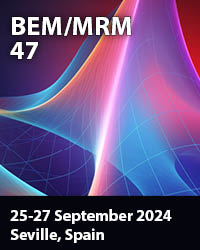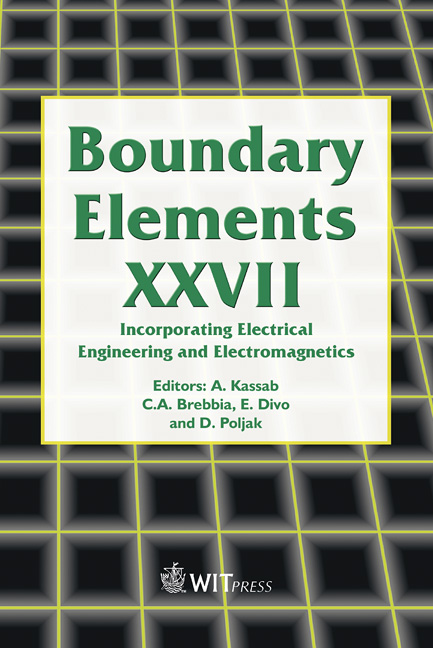Convergence Analysis Of Methods For Solving General Equations
Price
Free (open access)
Transaction
Volume
39
Pages
8
Published
2005
Size
205 kb
Paper DOI
10.2495/BE050021
Copyright
WIT Press
Author(s)
R. Schaback
Abstract
The unsymmetric collocation method by E. Kansa has been very successfully used in many applications, though there theoretically exist rare situations in which it will fail. This contribution modifies the method somewhat and then proves convergence and error bounds for the modified technique. The results will be presented within a general framework for methods that solve operator equations by minimizing residuals. Thus the modifications may also help to put other methods on a solid foundation. 1 Linear operator equations We consider a linear problem D(u) = w (1) which has a solution u that has to be recovered from data w = D(u) under a linear mapping D. This setting covers many differential or integral equation problems in weak or strong form. For convenience, we restrict ourselves here to examples of problems in strong form. In case of a Poisson boundary value problem −∆u = f in Ω u = ϕ on ∂Ω (2) the data w = D(u) for a strong problem formulation will be w = (f,ϕ) = D(u) := (−∆, Id∂Ω)(u).
Keywords





